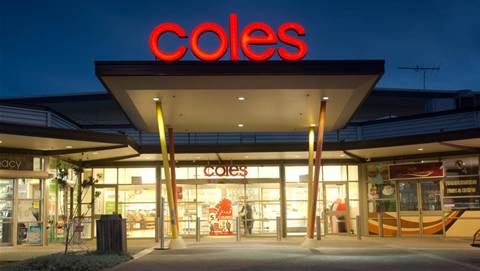Digital Giants such as Facebook, Apple, Google, Alibaba and Microsoft are achieving the fastest growth of businesses of their scale in the history of capitalism, says Ray Wang, Founder of Constellation Research and author of Digital Giants, Everbody Wants to Rule the World.
But, remarkably, the businesses following in their footsteps are growing even faster.
According to Wang, this new phenomenon of global scale and speed of growth in Digital Giants is unparalleled.
“Never in the history of capitalism, never in the history of commerce have companies this big grown so quickly, that's the quintupling … of market caps (since 2018),” says Wang.
The year on year growth of 30 to 40 per cent by this digital cohort is, due to success across five key areas.
“They disintermediate customer account control, they grow the biggest networks, they compete on data supremacy, they win in digital monetisation, and they have a long term mindset."
It is not enough to do even four of these things, says Wang. "You have to execute on five of them to be successful.”
Wang names Roblox, SpaceX, Swiggy, Instacart and Robinhood as the next generation of high growth businesses to watch out for, as they systematically execute on the 5 key success measures that have driven the FAANG effect.
“They are disintermediating customer account control, they're building those big networks. They're also competing on data, they've got digital monetisation plans. And guess what, they also can lose hundreds of millions of dollars and their investors don't care, so long they can achieve escape velocity,” says Wang.
These companies are effectively copying the strategy of the Digital Giants, says Wang, “down to a tee, to the playbook.”
But there is also one important difference — something they do even better than the original digital giants, Wang told Digital Nation; they are driving monetisation faster by incorporating various monetisation models including ads, memberships, subscriptions, goods and services.
Meanwhile, Facebook and Google’s reliance on ads poses a risk for those businesses as their markets are increasingly contestable, says Wang.
“You may have dominant monopolies or dominant players in a digital business model. But it is highly competitive for the digital ad world. Because it's a competition for time and attention. You might do it in social media, you might do it in search, you might do it in commerce, but it is still time and attention. And that is the scarce resource."
Wang highlights Walmart as an example of a business that learnt to capitalise on its advantages, in order to go toe to toe with Amazon.
“They figured it out. A couple of years ago, when you saw Walmart make the bid for Tik Tok, you realised they got it. They are about membership. They're about the largest network. It's about collecting data. It's about monetising that.”
Businesses are chasing new markets and new opportunities, to stay relevant and outpace their competitors.
“There are opportunities even in Australia, if you take BHP or Rio Tinto, maybe they'll sell NFTs on mining rights, it could be very interesting. You know, lots of opportunities like that pop-up.”
We are not sure if he was joking about that last point.
Credit: The video was produced by Josh Lundberg and Matthew Ryan.
Clarification. The original list of digital giants in the lead paragraph accidentally excluded Alibaba.


_(28).jpg&h=140&w=231&c=1&s=0)

_(23).jpg&h=140&w=231&c=1&s=0)






 iTnews Executive Retreat - Security Leaders Edition
iTnews Executive Retreat - Security Leaders Edition
 iTnews Benchmark Awards 2026
iTnews Benchmark Awards 2026
 iTnews Cloud Covered Breakfast Summit
iTnews Cloud Covered Breakfast Summit
 The 2026 iAwards
The 2026 iAwards












_(1).jpg&h=140&w=231&c=1&s=0)



